A Core of Support
Interview with Karen Evans
This piece continues a partnership between HowlRound and the League of Professional Theatre Women (LPTW). For many years, LPTW has been publishing an annual magazine, Women in Theatre (WIT). This year they’ve expanded the magazine to include an online format and are collaborating with HowlRound to provide content covering an array of issues and perspectives within the theatre, all highlighting women’s voices. The co-editors for this project are Eliza Bent and Alexis Clements. Look for bi-monthly content from WIT on HowlRound ranging from interviews to articles and blog responses. Find all WIT content here.
In April of this year, Garlia Cornelia Jones-Ly, founder of Blackboard Reading Series, a monthly play reading series focused on the work of black writers incubated by the cell in New York, and Almeria Campbell, co-curator of Blackboard Reading Series, had a conversation with Karen Evans, President and Founder of The Black Women Playwrights’ Group in Washington, DC. Evans’s group has been offering opportunity, support, and advocacy for black female playwrights for over two decades. In that time, the group has built ties with many DC-area theatres and its members have won numerous awards and honors.
Almeria: What led you to become a playwright? Did you ever act or direct?
Karen: I used to enjoy acting and be a bit of a ham, but I found that I got more shy as I got older. I just did not need to be in front of people doing that. But I still loved theatre, and so I decided that playwriting was something that I could do in conjunction with a job. I went to work at Catholic University of America because I knew I was getting my MFA at Catholic, so I got credits because I worked there. It just fit in my work schedule better than having to direct or act. So, I had a natural tendency to turn away from acting and directing. Then I found playwriting and a very good playwriting teacher.
Garlia: What was your MFA experience like at Catholic University?
Karen: Well, I wasn’t the only black woman. There was this woman in directing who was sort of my age. She was a little older than I was. I was in my twenties when I got my MFA, but there was a woman that was in her thirties and a professor at one of the local universities, so I wasn’t alone and that was good. The faculty was very good. Mr. [Leo] Brady, who wrote Yankee Doodle Dandy—which if you know old films, was turned into a film with James Cagney—was my teacher. He said “Gee, I think you can write.” And I said, “Oh, really!?” I kind of toddled up from there and thought that what I was writing was appreciated.
Garlia: After school, what was your experience as a woman of color? Were you able to find people or groups to collaborate with?
Karen: No…actually, yes and no. I was coming along just as August Wilson was coming along, and I always wondered why he made it and I didn’t. Sounds a little arrogant, but there was one time when we were both up for O’Neill [the National Playwrights Conference], and I got this wonderful letter telling me how wonderful my play was, blah blah blah—beyond the standard rejection letter. But they took him and his career was made that year. You know, I was just kind of sitting there thinking, “Huh, I don’t think I’m gonna be part of this party, ever.” Which didn’t diminish my confidence in myself, it just made me realistic about getting produced, because I was a black woman.
I continued writing and I enjoy writing and I was really lucky—this is gonna sound terrible—I was really lucky because I don’t like production that much. There are lots of playwrights who are all up in production, and I think that’s wonderful, but I’m just not one of them. So my joy comes when I’m in the room, creating characters, and doing the tough work.
Which is why my members so appreciate what Black Women Playwrights really is—because when they walk into our meetings once a month, nobody cares about all the other crap. All they care about is what have you written recently and what’s going on with that other scene that they heard last month. To have a part of your life where you get that kind of attention and support for yourself as an artist in a regular setting is really very affirming.
Garlia: What was behind you founding The Black Women Playwrights’ Group? Is this something that you did after the O’Neill situation?
Karen: Well, it started with a bit of insensitivity. Arena Stage had a seminar on the African American Woman Playwright and there were twenty-one speakers for a two-hour seminar and only three of us were [women]—three little women playwrights down at the end who didn’t get to talk. They gave us five minutes between the three of us. I used my minute-and-a-half to say, “We need to know each other.” And people came up to me and gave me their telephone numbers and we met the next month and have been going ever since.
[Playwriting] is a lonely profession. Women who have capacity to act and perform, and are actually performing their work, have a wider circle of peers. They have other actors that they can draw energy from and get support from. But if you’re a playwright, it really is quite a lonely existence. And I think that’s why the women in the audience came up and shared their information with me—to find a like-minded soul.
Almeria: What are you working on now?
Karen: I just finished a revision on a play called Leaving the Summerland. It is based on the Jacob Lawrence paintings for The Migration Series—sixty paintings that are surprisingly small, but incredibly powerful. Jacob Lawrence is a big whoop dee doo, and this was sort of his stellar work. He died in his eighties, right as the play was [first] being produced—ironically right in the middle of production. It tells the story of people coming North—our people coming North from the South.
The producer was good friends with Lawrence and we actually got to use the paintings, or representations of the paintings as part of the set. And it was great and won a big award for its set design. But I was never pleased with the second act. In the last five or six months I rewrote the second act, so now I’m sending that out again.
Almeria: Have you ever written for television or film, or are you planning to?
Karen: Well, I did a PBS series. It was for a series called WonderWorks, which was a children’s series. And right now, I’m all up in working with a producer to develop BeBe Moore Campbell’s Your Blues Ain’t Like Mine into a six-hour miniseries for television. She was a very well-known and popular African American novelist. That’s what I’m excited about right now.
Almeria: How could someone become affiliated with your Black Women Playwrights’ Group?
Karen: We’re in a really odd situation—we’re sort of halfway there. Because mainly we serve about twenty-one women in the Washington, DC, area, and that’s our core membership. But in 2008, we had the National Conference, where 100 women and scholars came to Chicago to have the first national meeting of women of color writing drama. Since then, we’ve been trying to figure out how to get another level of membership, so that we can serve them. That is certainly our goal—to become a large enough organization to serve women nationally.
Garlia: Did you face any challenges as you started the group?
Karen: Yeah. It’s very hard to get produced in theatre. We participated in an article in 2010, that was done by Kathy Perkins, who at the time was at the University of Illinois at Urbana-Champaign, and Sandra Richards, who is a professor at Northwestern. They ran the numbers of African American women getting produced on a regional level, and basically the number is like three in the country. It looks like more than three—it looks like there are fifteen to twenty productions, but they’re all by the same three playwrights, which is just the sort of oppressiveness of the numbers, in terms of black women getting produced that has made it difficult to get the whole picture.
Our own members have certainly become empowered: they produce themselves; we produce them. We produce excerpts of what they do, usually every year, so that the public can get a chance to look at what they’re working on. We collaborate with the University of Maryland. They have a wonderful professor, Faedra Chatard Carpenter,and Faedra has her graduate dramaturgy class read all of the submissions, give comments on them, and then rate them. That’s how we choose work for our annual reading.
But the big challenge, I’m gonna say, is…I was having my annual sit-down with one of my funders and he was saying, “I have a hard time explaining who you all are. One of my board members asked me, ‘Aren’t they a ladies club?’” It was actually right up there with the most insulting things that anybody has ever said to me. Then I knew that program officer couldn’t be an advocate for me, because why would you repeat that to me? You’re looking for me to defend it? So, it has been hard.
The women write, they write ferociously, they write what they’re feeling—they’re doing their part. And through us, they do get a chance to submit to festivals, they stay on top of what’s going on in the field, which is helpful. But we all just need more production opportunities.
Almeria: How does Black Women Playwrights’ Group serve the membership?
Karen: We support them as writers. The core of what we do is our monthly meetings. Every month members bring their work and read it. Then they also learn about professional networking opportunities, because everybody always has a list of play contests and playwriting opportunities at those monthly meetings. Several of our members have stepped out and produced, and we do our best—we share our mailing list and spread the word to the best of our ability about the production, and we give them advice about casting and production, so we support in that way, but not financially.
We have inadvertently bumped into doing a film. We got a grant from the Neighborhood Investment Fund and we partnered with StoryCorps. We interviewed seniors in our neighborhood, and then two of our members learned how to write a screenplay, and we used the rest of the money to shoot the half-hour film. We’re at the rough cut stage, and Sweet Honey in the Rock is going to do the soundtrack for us.
We have another project that’s actually national, it’s called the BWPG Cyber Narrative Project. We put together theatres, playwrights, and technology partners to create online content for plays that are being produced. It came out of that 2008 National Conference. One of the things that we asked, when we had the 100 women gathered in Chicago, was how can we help? They identified three areas. [The first was] helping navigate the world of presenters, because many African American women playwrights write and perform one-woman shows and the world of presenters is very closed and very byzantine. If you can get inside of that process, you can actually make a living at performing your one-woman show. But understanding and knowing that world is quite a challenge, so they talked about the world of presenters as something that we could help with. And they talked about university residencies and productions, because everybody needs a couple of months to sit someplace quiet and get that next draft going. And then the next thing that they talked about was digital media. They knew it was a wide open frontier, and they felt that if they could understand how to enlarge their audiences and depend less on theatres picking up their play, that would be a good thing. So we’re working on the digital media part. We’ve worked with Carnegie Mellon Entertainment Technology Center as a technology partner, and now we’re working with MIT and George Mason University. It’s a three-legged stool: the theatremakes a commitment to the playwright to produce her play, then the playwright writes online content, and then the computer science departments actually implement the online content.
Almeria: Do you support yourself as an artist, because it sounds like this is a very hands-on endeavor?
Karen: I do. It’s not the best living, but I do make a living. Every morning I wake up and I think, “Oh my God—I’ve made it through another month, I’ve paid all my bills! I’m good!” It’s a minor miracle, let me tell you!
Garlia: And are you able to balance life and your artistic life?
Karen: It’s always a bear. We’re going to partner with George Washington University to do our annual reading in 2015, and so I’m writing the language for it now. I just today finished writing the language and talking about the difficulty of balancing children, life, bills, and artistic vision. It’s huge and it’s not valued. The struggle is not valued. I don’t even try to explain it to my family—when I say family, I mean aunts and cousins. They have no idea what I do and I can’t even explain it. I just smile, and they’re sweet. But from society’s point of view, there is no huge outcry saying, “Yes, she has to have time to write!” Or “We don’t care what’s going on with her children—other people should help her!”
There is not that level of support in wider society to advocate for the time that you need to be an artist. That’s one of the things that we’re going to focus on in 2015 for our annual reading. That and the healing arts. Because women have lost a lot of support, because these women used to live near relatives who helped with child-rearing and whatever else was going on. Now we’re scattered and with that scattering is a lack of support.
Which is why my members so appreciate what Black Women Playwrights really is—because when they walk into our meetings once a month, nobody cares about all the other crap. All they care about is what have you written recently and what’s going on with that other scene that they heard last month. To have a part of your life where you get that kind of attention and support for yourself as an artist in a regular setting is really very affirming.
Almeria: You seem to have this flow coming through you for your art. What's your source of inspiration, where do you get this inspiration to keep building the women and the organization up the way you do?
Karen: Oh, well, it makes me happy. When I’m writing it is really such an amazingly rich experience. It is intellectually stimulating, it’s creative, it’s challenging. The act of writing and creating characters and getting them to live and breathe and be reasonable or unreasonable people—it’s just very fulfilling. I so believe in the writing process as restorative, recuperative, and nourishing. And the idea that women have a harder time doing it than men is just is infuriating. It’s a precious experience that should be encouraged and supported.

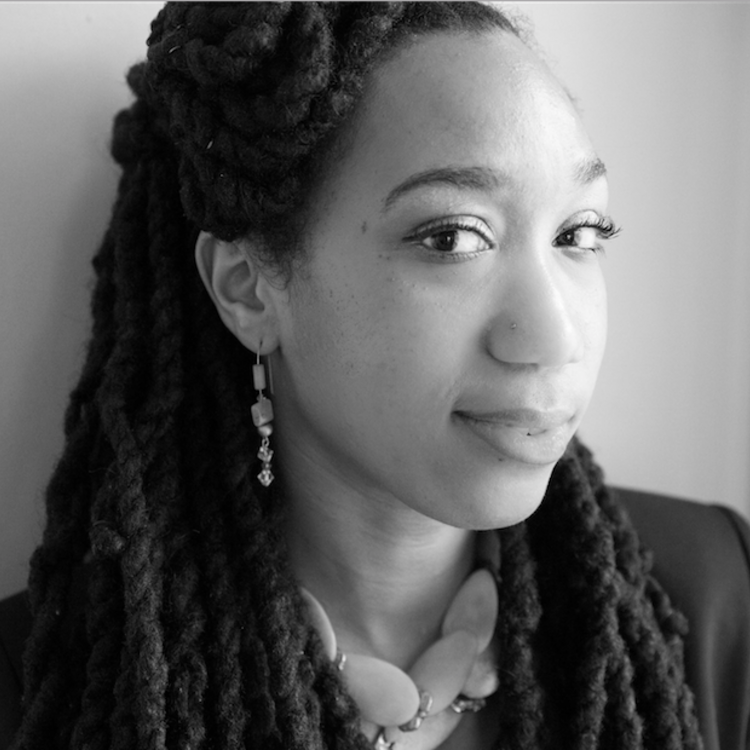
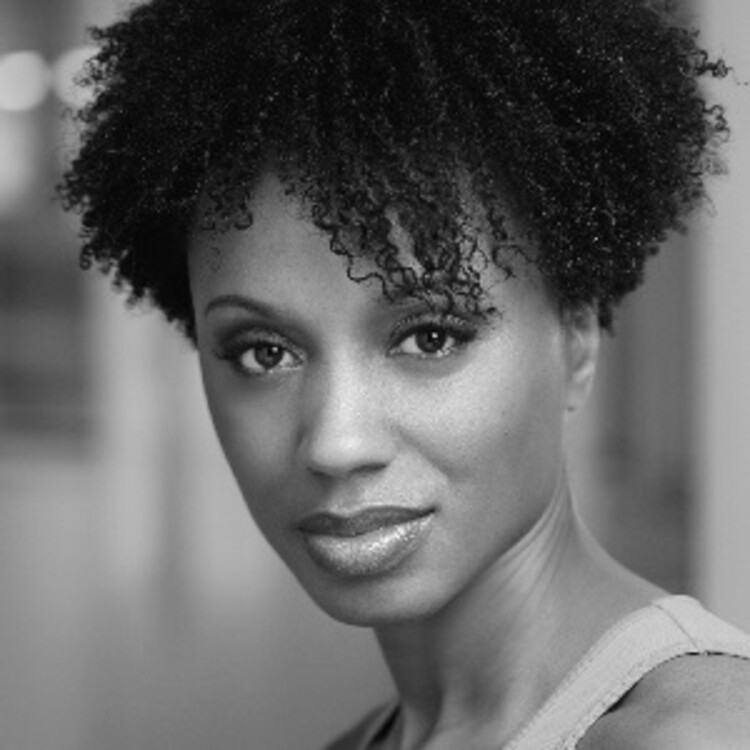
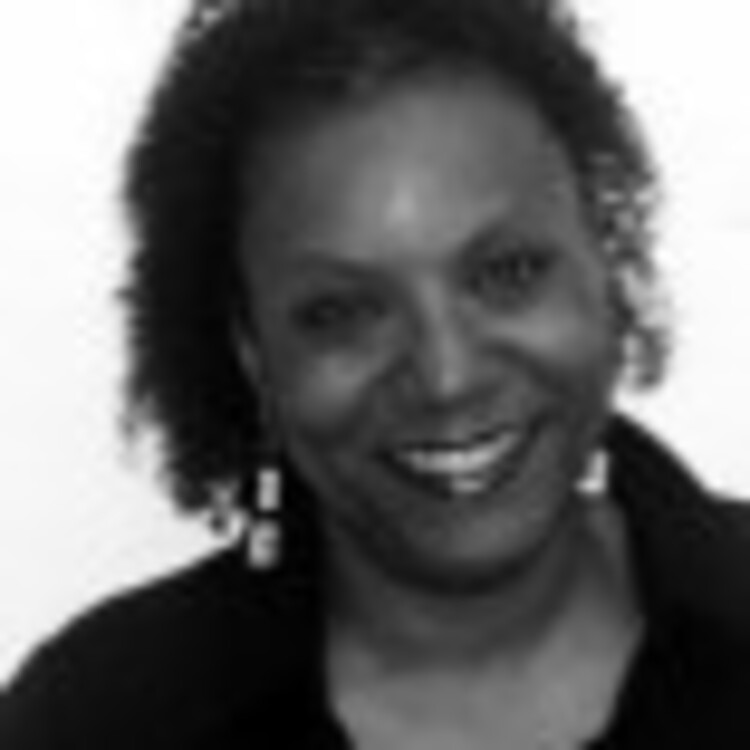
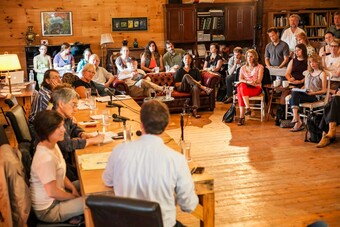


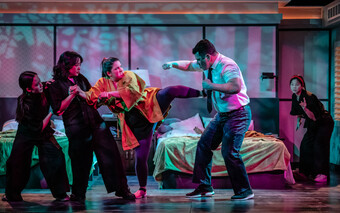



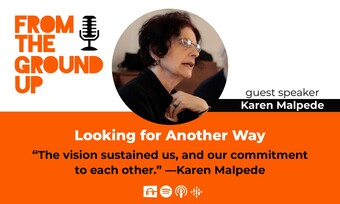


Comments
The article is just the start of the conversation—we want to know what you think about this subject, too! HowlRound is a space for knowledge-sharing, and we welcome spirited, thoughtful, and on-topic dialogue. Find our full comments policy here
I was at the National Conference in Chicago in 2008 and was asked to present on a panel about self-producing. I remember the women in the room were really hungry for information on how to get their work up. This hunger spoke volumes. It'd be great to do it again, Karen! Thanks Garlia and Almeria for your interview questions. You know me as a New Yorker, but I was born and raised in DC-I am so happy that Karen is there leading the charge for women playwrights in my hometown. I am also a member of the League of Professional Theatre Women, so this is a treat to see this expanded on line format. Thanks Howlround!
Enjoyed the interview. It's beneficial and educational to receive others perspectives and experiences. Cudos for finding and creating ways to support each others work in a field that does not adequately embrace it. I do take some issue with the comment "And the idea that women have a harder time doing it than men . . . " By "doing it" are you referring to the actual process of writing? Or getting produced? If you mean writing I think the comment is a bit generalized.